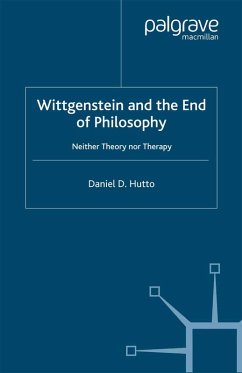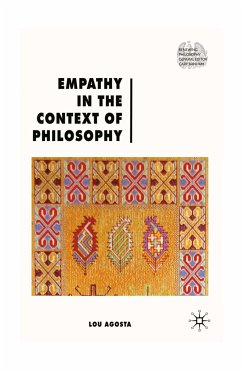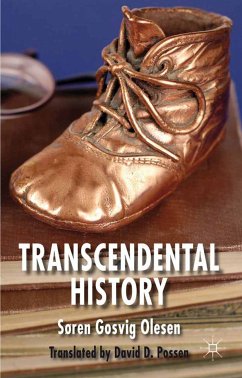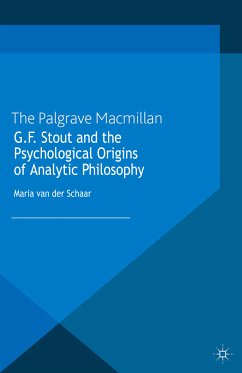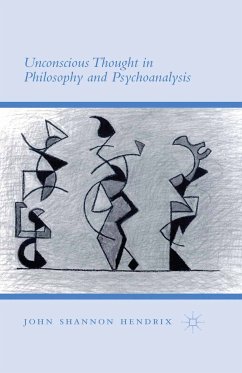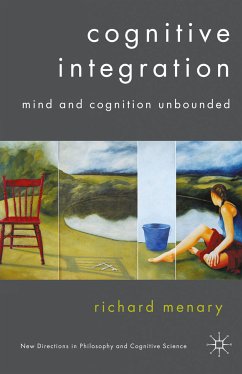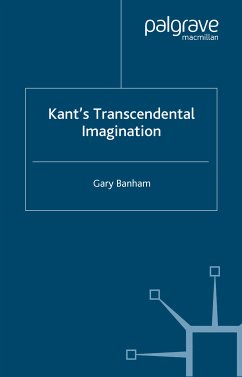
Kant's Transcendental Imagination (eBook, PDF)
Versandkostenfrei!
Sofort per Download lieferbar
90,95 €
inkl. MwSt.
Weitere Ausgaben:

PAYBACK Punkte
45 °P sammeln!
The role and place of transcendental psychology in Kant's Critique of Pure Reason has been a source of some contention. The acceptance of the notion of transcendental psychology in recent years has been in connection to functionalist views of the mind which has detracted from its metaphysical significance. This work presents a detailed argument for restoring transcendental psychology to a central place in the interpretation of Kant's Analytic, in the process providing a detailed response to more 'austere' analytic readings.
Dieser Download kann aus rechtlichen Gründen nur mit Rechnungsadresse in A, B, BG, CY, CZ, D, DK, EW, E, FIN, F, GR, HR, H, IRL, I, LT, L, LR, M, NL, PL, P, R, S, SLO, SK ausgeliefert werden.




